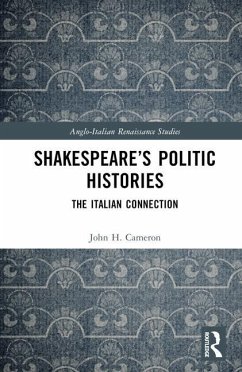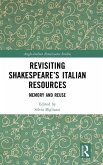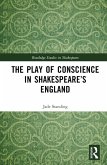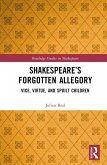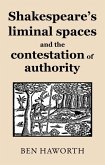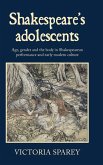This book posits that Shakespeare's First Tetralogy draws inspiration from the Italian "politic histories" of the early modern period. These works of history, influenced by the Roman historian Tacitus, delve into the exploration of the machinations of power politics in governance and the shaping of historical events. The argument is that closely analysing these Italian "politic histories" can significantly enhance our understanding of the "politic" aspects dramatized in Shakespeare's early English History plays. Specifically, the writings of Niccolo Machiavelli are highlighted as contributing to this understanding. These "politic histories" were accessible (in a variety of forms) to many English early modern writers, including Shakespeare. Thus, they serve as foundation for political and strategic analogies, enriching our interpretation of Shakespeare's politic histories.
While delving into the Italian "politic" historians can illuminate Shakespeare's achievement, it is suggested that we should regard the English History plays as "politic histories" in their own right. In essence, they are dramatized versions of precisely the same kinds of "politic" historical writing, with its emphasis on ragion di Stato or raison d'état. This emphasis on what the Elizabethans called "stratagems" introduces new approaches to interpreting the plays. Considering the motivation and action of its characters entails novel approaches that challenge the established reading of the plays' 'Machiavellian' characters (particularly Richard III) and shed light on previously overlooked characters (particularly Buckingham and Stanley), revealing their considerably greater strategic acumen. This exploration provides fresh avenues for reading the Shakespeare's politic histories and better appreciate their Italian connection.
While delving into the Italian "politic" historians can illuminate Shakespeare's achievement, it is suggested that we should regard the English History plays as "politic histories" in their own right. In essence, they are dramatized versions of precisely the same kinds of "politic" historical writing, with its emphasis on ragion di Stato or raison d'état. This emphasis on what the Elizabethans called "stratagems" introduces new approaches to interpreting the plays. Considering the motivation and action of its characters entails novel approaches that challenge the established reading of the plays' 'Machiavellian' characters (particularly Richard III) and shed light on previously overlooked characters (particularly Buckingham and Stanley), revealing their considerably greater strategic acumen. This exploration provides fresh avenues for reading the Shakespeare's politic histories and better appreciate their Italian connection.

